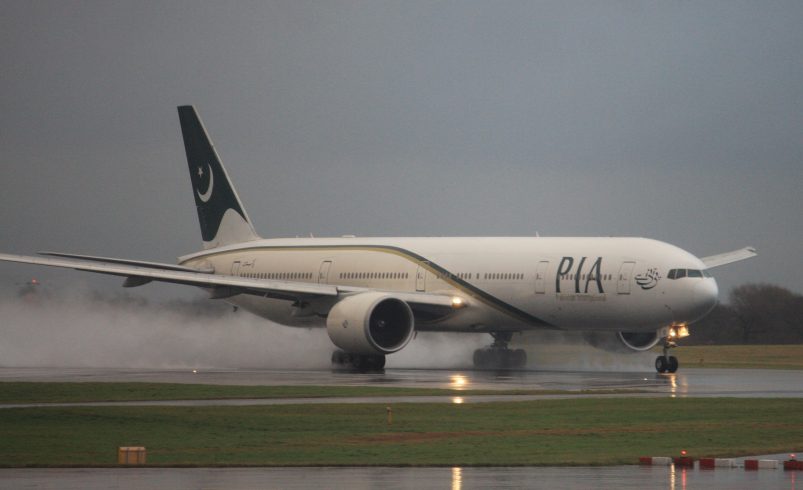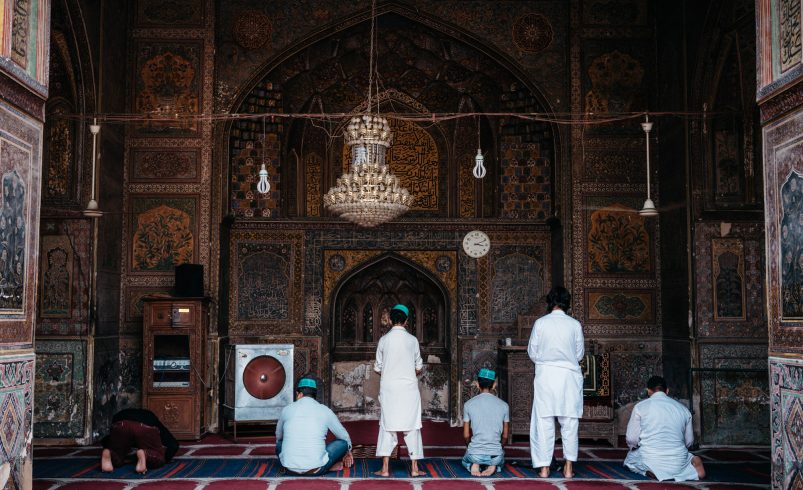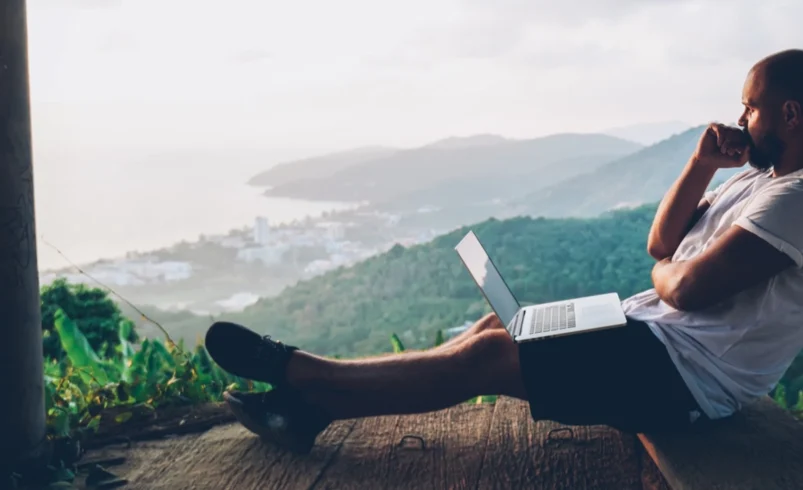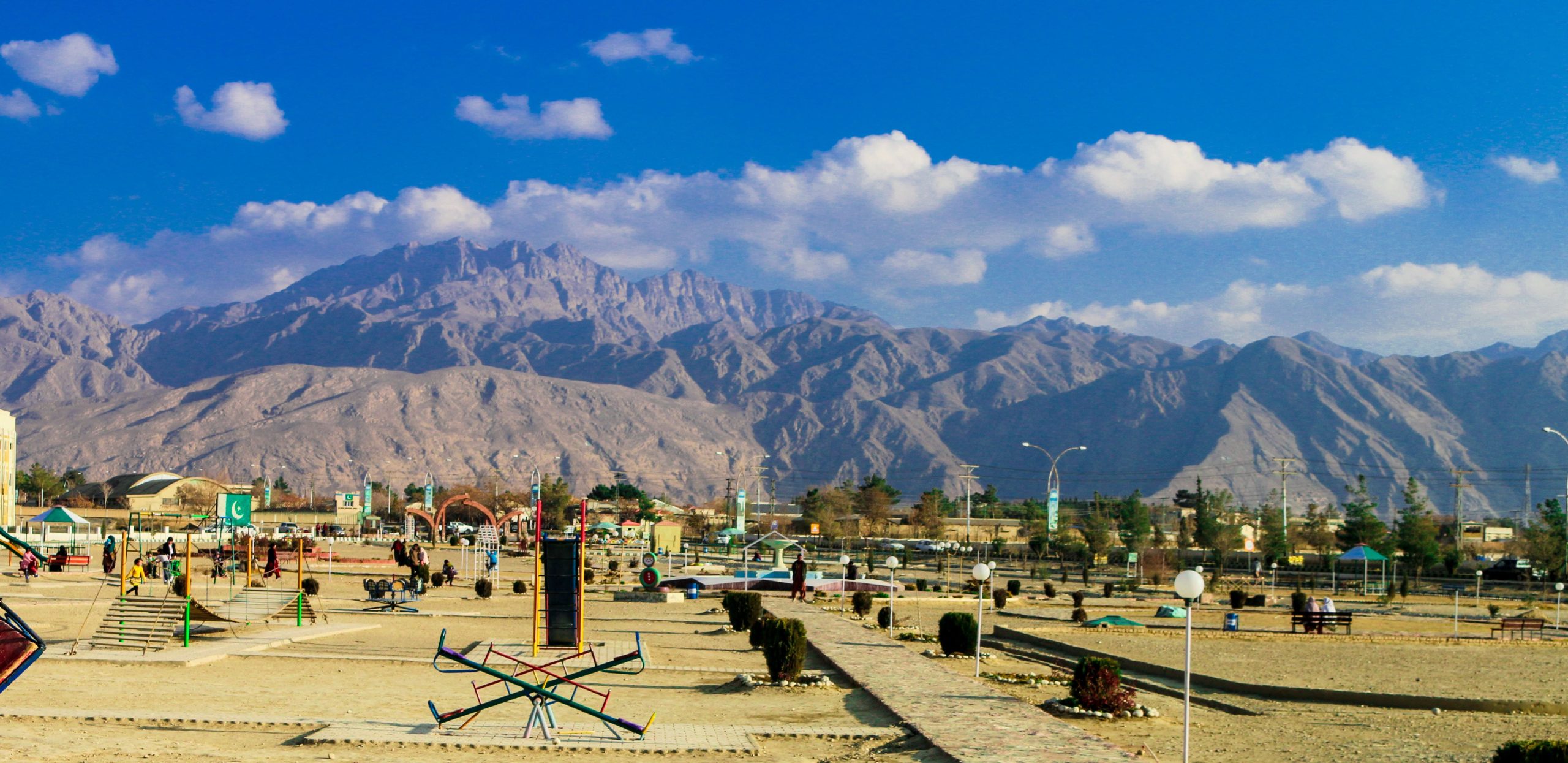
- July 6, 2025
🛑 Introduction
Traveling to Pakistan is an enriching experience, full of stunning mountains, warm hospitality, and deep-rooted traditions. However, it’s crucial to understand what not to do in Pakistan during travel so you don’t unknowingly offend locals, violate laws, or risk your safety. Every country has its own cultural sensitivities, and Pakistan’s are deeply tied to religion, modesty, and respect.
🕌 Disrespecting Religious Beliefs and Sites
Religion is at the heart of Pakistani life. The country is an Islamic republic where daily prayers, Quranic recitation, and religious rituals are common. If you’re visiting a mosque, take off your shoes, dress conservatively, and avoid entering during prayer unless accompanied by someone. Women must cover their heads in religious spaces. Never take pictures inside mosques during worship or touch religious texts like the Quran without understanding their significance. Mocking or debating religion is among the worst travel mistakes to avoid in Pakistan, and can even lead to arrest under strict blasphemy laws. You’re a guest—observe respectfully.
👗 Dressing Inappropriately in Public
Pakistan is a conservative society, and modesty in dressing is expected from both genders. For women, tight clothes, sleeveless tops, or shorts may draw unwanted attention or cause discomfort. Even in liberal cities like Karachi or Islamabad, locals appreciate modest attire. Long shirts, trousers, and a dupatta (scarf) are ideal. For men, shorts are generally frowned upon outside of touristy or elite settings. Wearing revealing or flashy clothes is what NOT to do in Pakistan during travel, especially in rural areas or while visiting religious or family homes.
🗣️ Talking Politics or Religion Casually
Politics and religion are very sensitive topics in Pakistan. Foreigners are often asked for their opinions, but it’s wise to avoid strong or controversial views. Do not criticize any religion or political leader. Avoid discussing Indo-Pak relations or the Kashmir issue unless you’re with close local friends who bring it up. Even jokes can be misinterpreted and lead to heated arguments. One of the smartest travel mistakes to avoid in Pakistan is keeping political opinions to yourself.
📸 Taking Photos Without Permission
Photography in Pakistan is a grey area culturally. Taking random pictures of people, especially women or conservative men, can cause serious offense. Always ask for consent first. Avoid photographing military checkpoints, airports, or government buildings—it’s strictly prohibited and could result in detainment. Never photograph women without consent, even from a distance. Respect the privacy and cultural norms of the people you meet. Locals will often happily pose for a photo if asked nicely.
💵 Relying Only on Cards and Not Carrying Cash
Many areas of Pakistan, especially villages and northern valleys, don’t accept debit or credit cards. Always carry enough Pakistani rupees in small denominations. Digital payments like JazzCash and Easypaisa are common in urban centers but rare in the mountains. Not carrying cash is a key travel mistake to avoid in Pakistan, as ATMs can be rare or non-functional in remote regions.
🧻 Assuming Western-Style Toilets Are Everywhere
Pakistan does not have Western toilets everywhere, especially in rural areas or public facilities. Many places use squat toilets and may lack toilet paper. Always carry tissues, sanitizer, and be prepared for different hygiene customs. Do not complain aloud—locals are used to these conditions and may find complaints disrespectful.
🧴 Ignoring Cultural Cleanliness Norms
Cleanliness is part of Islamic practice. Walking into someone’s home with shoes, using your left hand to eat, or neglecting to wash before meals is seen as unhygienic and rude. Always wash your hands before eating. Use your right hand for greetings and meals. In some homes, they may offer water for hand-washing before and after food—accept it with gratitude.
🧳 Dressing Loudly or Flashily in Local Areas
Wearing neon colors, excessive jewelry, or expensive watches in villages can make you a target for theft or gossip. Blend in by wearing muted tones. Dressing modestly and appropriately not only keeps you safe but shows cultural sensitivity. In Pakistan, humility is seen as a virtue. Wearing flashy or revealing clothes is what NOT to do in Pakistan during travel, especially in religious towns like Multan or Chitral.
🧭 Visiting Conflict or Restricted Zones Without Permission
There are areas in Pakistan that are restricted or require permits, including parts of Balochistan, Azad Kashmir, and tribal zones near the Afghan border. Foreigners need government permission to visit certain regions. Always research before planning a route. Ignoring this can lead to fines or arrest. You must check with authorities before entering sensitive locations.
| Region | Distance from Islamabad | Travel Type | Permits Required |
|---|---|---|---|
| Skardu | 630 km | 16 hrs by road / 1 hr flight | No |
| Hunza | 600 km | 14 hrs by road | No |
| Azad Kashmir (Neelum) | 300 km | 8–9 hrs by road | Yes (for foreigners) |
| Gwadar | 1,650 km | 22 hrs by road / flight | Yes (for foreigners) |
| South Waziristan | 500+ km | Restricted | Yes |
👫 Disregarding Gender Norms in Social Behavior
Pakistan is a gender-segregated society in many places. Men and women have clearly defined boundaries. As a male traveler, avoid touching or even shaking hands with a woman unless she initiates. Female travelers should keep respectful distance from men and avoid crowded male-dominated areas after dark. Behaving too casually across gender lines is what NOT to do in Pakistan during travel.
🍷 Drinking or Asking for Alcohol in Public
Pakistan prohibits alcohol for Muslims and restricts it even for non-Muslims. Public drinking is illegal. You may find alcohol at licensed hotels for non-Muslims, but asking locals about it can be offensive. Do not carry alcohol across provinces or public areas. If you must, keep it discreet. Drinking in public can result in arrest, especially during religious festivals or in conservative cities.
🚘 Driving Without Knowing Local Road Culture
Pakistani traffic is chaotic, and local drivers often ignore road rules. Driving on your own is not advised unless you are confident navigating poorly marked roads and unexpected hazards. Always wear seatbelts, drive slowly in hilly regions, and honk at blind turns. Avoid traveling at night in remote areas. Driving carelessly or without knowledge of local laws is what NOT to do in Pakistan during travel.
🧠 Refusing Hospitality or Invitations Rudely
In Pakistan, hospitality is sacred. If someone offers you tea, a meal, or invites you to their home, refusing bluntly is seen as rude. Accept with a smile, even if you plan to leave early. If you cannot attend, refuse kindly and thank them. Rudeness in such scenarios is deeply frowned upon.
🎤 Being Loud or Boisterous in Public Spaces
Pakistanis are generally reserved in public. Speaking loudly in public transport, restaurants, or religious areas is discouraged. Respect peaceful atmospheres, especially near mosques, shrines, and libraries. Tourists being too vocal or loud can be seen as disrespectful or arrogant.
🏞️ Entering Local Homes Without Invitation
Unlike Western norms, knocking on someone’s door without prior invitation is unusual in Pakistan. Always wait to be invited in. Even when visiting with a guide, do not step into homes without permission. Remove your shoes at the door and greet everyone with a respectful “Assalamu Alaikum.”
FAQs
What NOT to do in Pakistan during travel as a female traveler?
Female travelers should avoid wearing revealing clothes, walking alone at night, or sitting in male-only areas. Respect gender boundaries, keep a scarf handy, and stay with locals or trusted guides to ensure safety.
What NOT to do in Pakistan during travel when visiting mosques?
Remove your shoes, dress modestly, and avoid entering during prayers unless invited. Never take selfies inside mosques. Respecting religious spaces is crucial.
Is public affection allowed in Pakistan?
No. Public hugs, kisses, or holding hands (especially between couples) are not culturally acceptable. Avoid physical contact in public places to prevent offending locals.
Can I criticize religion or politics in Pakistan?
Absolutely not. Criticizing religion is illegal and punishable. Avoid political discussions unless in safe, private company. What NOT to do in Pakistan during travel includes making jokes about faith or leaders.
Are photos allowed everywhere?
No. Avoid taking photos of women, military zones, or government buildings. Ask permission before clicking portraits in villages or traditional bazaars.
Is bargaining expected in markets?
Yes, but always do it politely. Over-bargaining or mocking vendors is rude. Smile, offer a fair price, and be respectful.
Is it safe to drink tap water in Pakistan?
No. Always drink bottled or filtered water. Carry your own if traveling to remote areas.
Do I need to learn Urdu to get around?
Knowing basic phrases like “Shukriya” (Thank you) or “Kitna hai?” (How much?) helps immensely in rural areas. Most urban Pakistanis understand English.
Can I eat with my left hand?
No. In Pakistan, the left hand is considered unclean. Always eat with your right hand to respect dining etiquette.
Is it okay to visit during Ramadan?
Yes, but avoid eating or drinking in public during fasting hours. Be considerate, especially in small towns and religious zones.
Is solo female travel safe in Pakistan?
It can be, with proper planning. Dress modestly, avoid isolated areas at night, and stay in female-friendly accommodations. Respecting local customs ensures a safer experience.
Can I take public buses in Pakistan?
Yes, but use Daewoo or Faisal Movers for intercity travel. Avoid unregulated local vans unless accompanied by locals.
🧳 Conclusion
Understanding what NOT to do in Pakistan during travel is essential for a respectful and rewarding experience. From dressing modestly to respecting religious sentiments, every action you take as a visitor shapes your journey and the impression you leave behind. Avoiding political discussions, refraining from photographing sensitive sites, and being mindful of gender roles are all part of traveling smart in Pakistan.
Whether you’re wandering through the bustling bazaars of Lahore, trekking in Hunza, or exploring the serenity of Swat, always remember—a culturally aware traveler is a welcomed traveler. Embrace Pakistan with respect, and it will embrace you back with warmth, generosity, and unforgettable memories.






